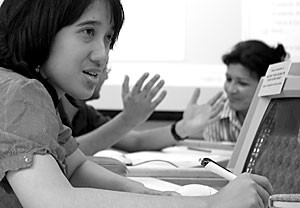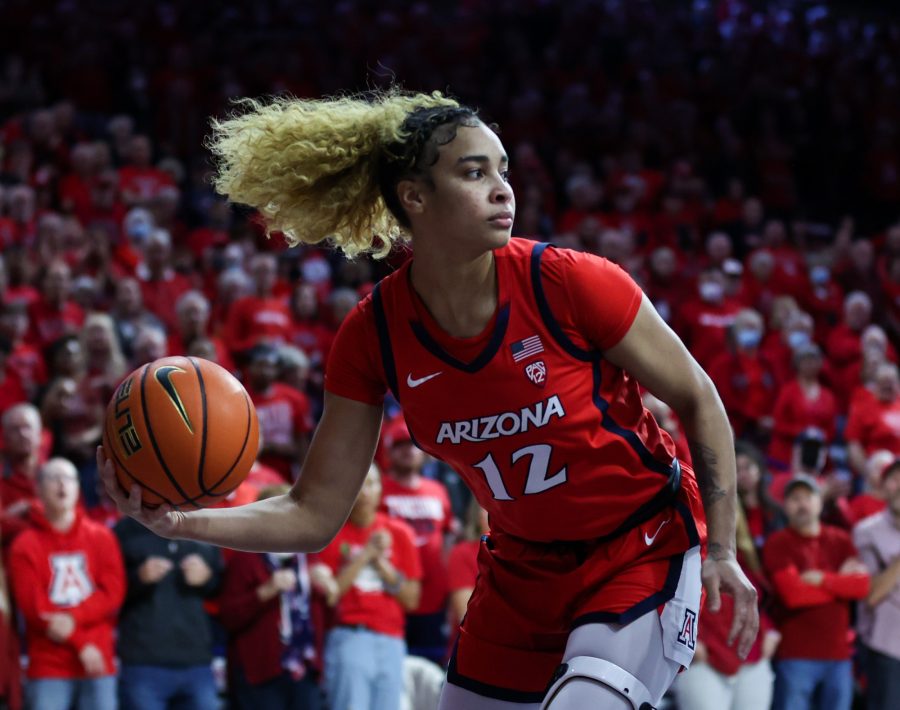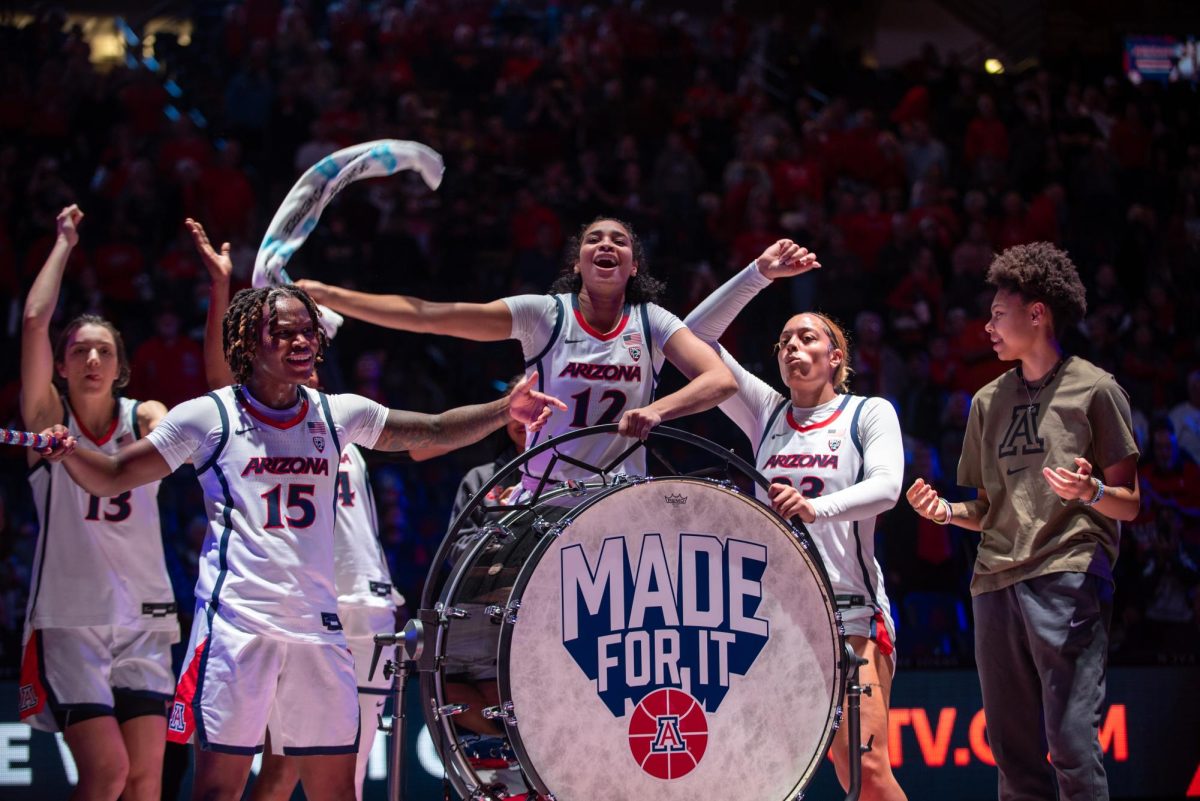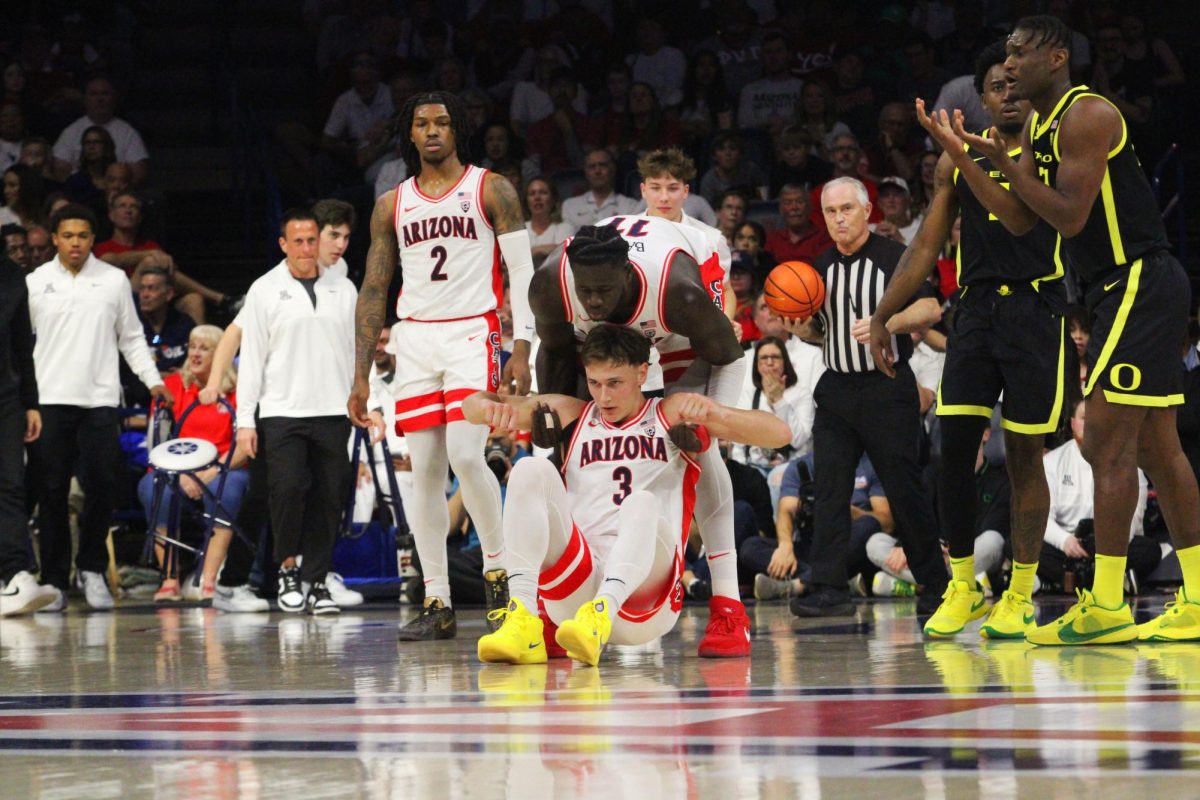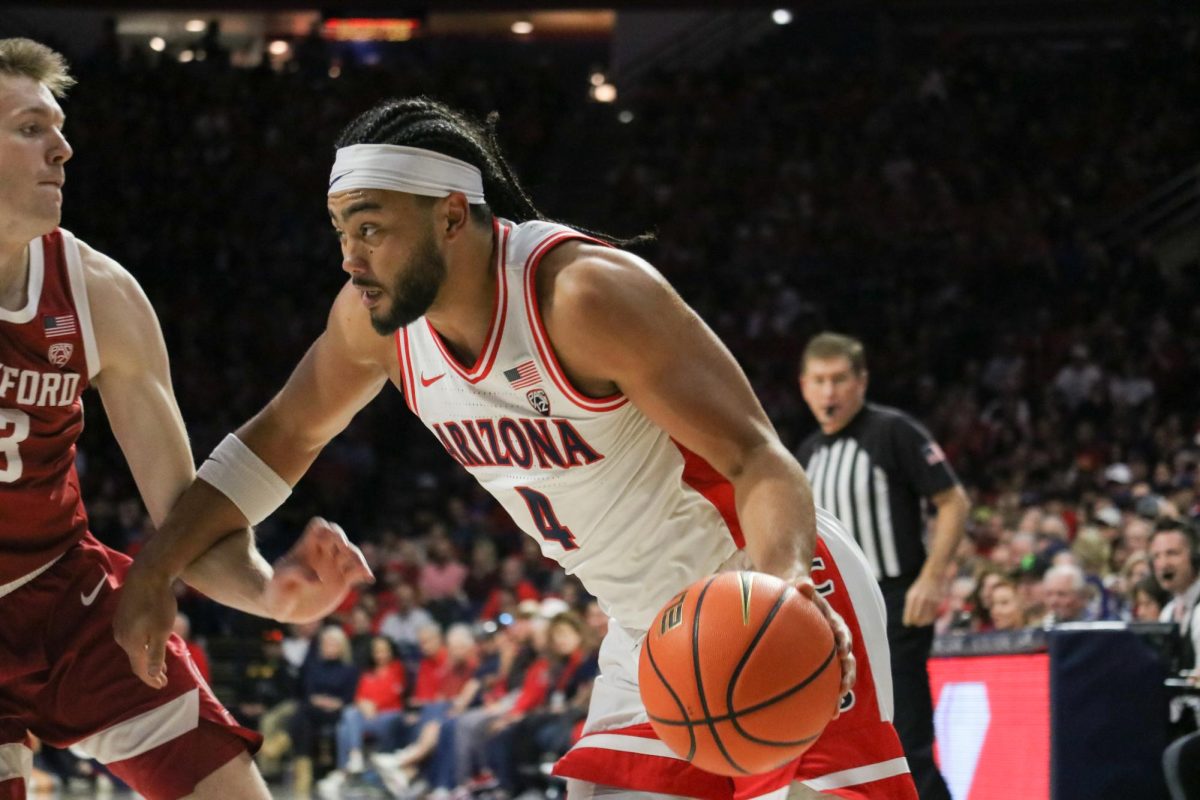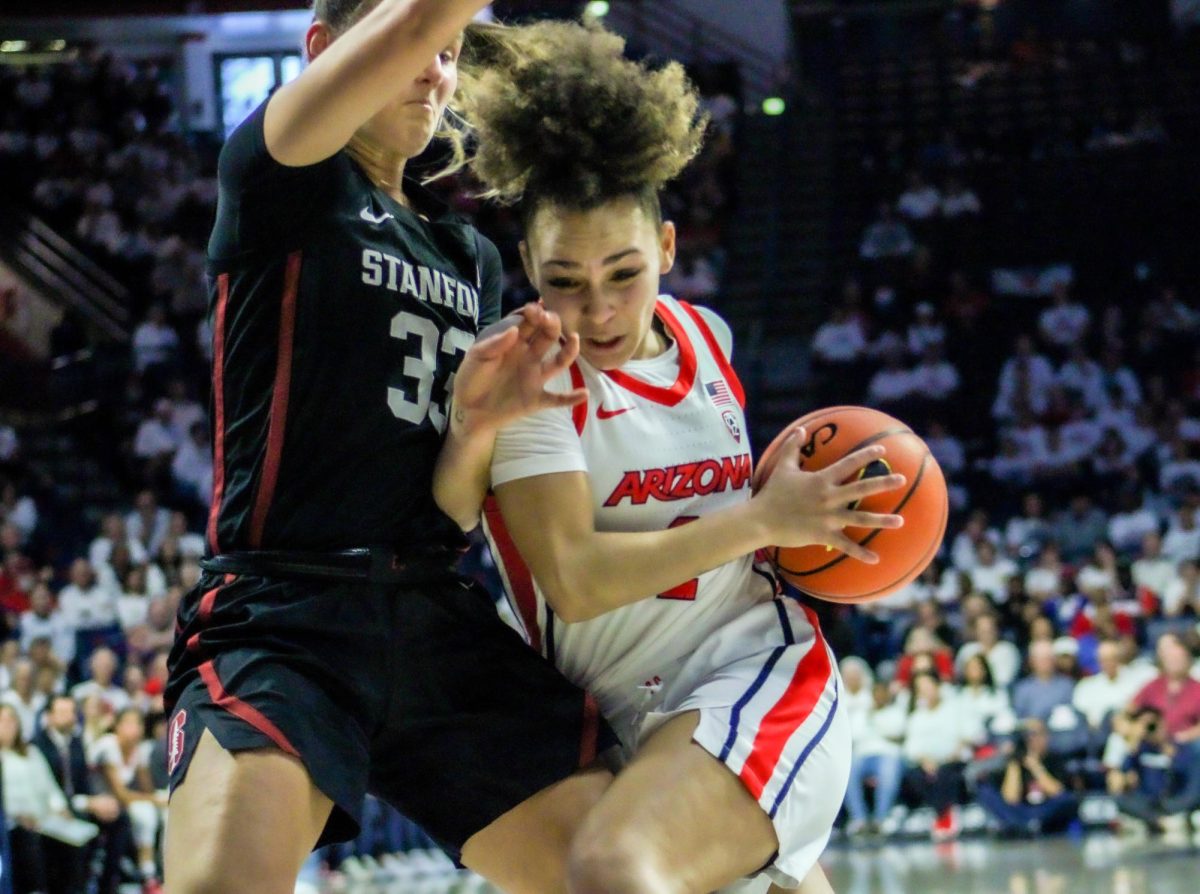International graduate students are getting a crash-course on succeeding at American colleges though a three week pre-academic orientation that began this week at the UA’s Center for English as a Second Language.
Along with five other colleges across the United States, the UA will be hosting the Fulbright Pre-Academic Education Orientation to educate about 40 Fulbright Scholars in pursuit of their master’s degree how to successfully receive an education in the United States.
Fulbright Scholars receive fellowships from the U.S. Department of State through an international exchange program to give graduate students an opportunity to study worldwide.
“”When they are done here, we hope they’ll hit the ground running,”” Al Stover said of the Fulbright orientation and program. Stover is the Assistant Director for Outreach and Development at the Center for English as a Second Language.
The academic aspects of the program include proper documentation for papers and English refinement, Stover said.
The students will learn about looking for an apartment, opening bank accounts and other cultural aspects of college life, Stover said
Some of the students, though, have had a few surprising setbacks as they began their adjustment to American culture in the past few days.
“”I miss rice. We eat it three times a day, because when there is not rice, it is not a meal,”” said Santiago Palizada, an entomology student from the Philliphines.
Jawad Perikar, a political science student from Afghanistan, said “”Now when I buy everything, I have to pay tax. It’s quite strange.””
Palizada also commented on American punctuality.
“”Almost all of the activities goes smoothly on schedule here,”” said Palizada.
He continued to say that in the Philliphines, punctuality isn’t such a big concern.
“”One of the culture shocks I had was the observation of the law by the people in the United States,”” said Perikar, who, unlike most students at the orientation, arrived in the U.S. about six weeks ago. “”Everyone knows what to do, what not to do – like how to drive.””
Perikar said that although the majority of people in Afghanistan observe the laws, there is confusion about laws and guidelines because of the instability of their government – a result of revolution.
Most of the students are grateful for the orientation, because it allows the scholars to become better acquainted with the resources found in the American college setting, one of the reasons many of these students decided to study in the U.S.
“”In my country, we don’t have such big libraries and databases,”” said Wendy Franco, a foot sciences student from Bolivia. “”Today we learned how to use them.””
Franco said it is important that she learns how to use the resources and technology at American universities, because they are essential in her field of study.
Some students said they were excited about the prospect of having a strong relationship with their instructor or professor, an opportunity some of these students do not have in their own country.
“”In Ethiopia, it’s very hard to talk to the instructor or professor, because there are very strong traditions for doing your work by yourself,”” said Adonias Jimma, a Management Information Systems student. “”I will now be able to speak freely with my instructor.””
Jimma, who will teach MIS to undergraduates once he returns to Ethiopia, is excited about the connections he will create with his professors in America, because he wants to establish similar connections with his own students.
Although most of the scholars have only been in the U.S. since Sunday, hardly long enough to recover from their jet lag, they are already reacting positively to America.
“”You look at everyone, and you see them smiling. That’s what I most like about America,”” said Perikar. “”I feel more at ease here than in my country.””
In the upcoming weeks of the orientation, the students will continue to learn about the education and culture in America before they leave for their respective universities.
“”All of it kind of meshes together to give them everything they need to know through a well-rounded approach to becoming great grad students,”” Stover said.



